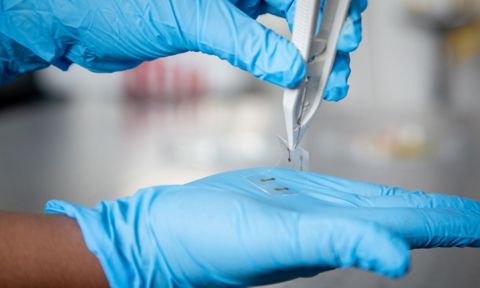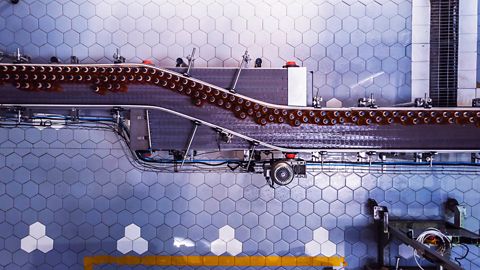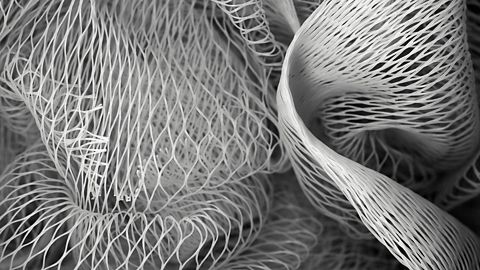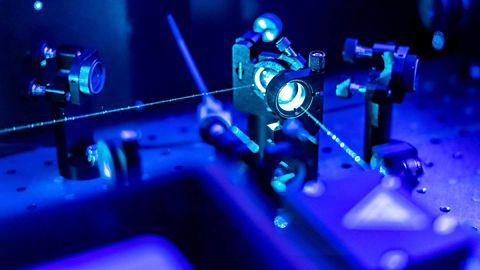Mercury removal through catalytic oxidation
This project aims to develop selective sorbents to remove mercury from natural gas at low temperatures.
Surface patterning
Surface patterning includes techniques for preparing and patterning surfaces, from the arrangement of single molecules to the macro-scale.
Catalytic carbon dioxide reforming of methane to synthesis gas
This project involves the development of a wide variety of catalysts for the CO2 dry reforming of methane.


















